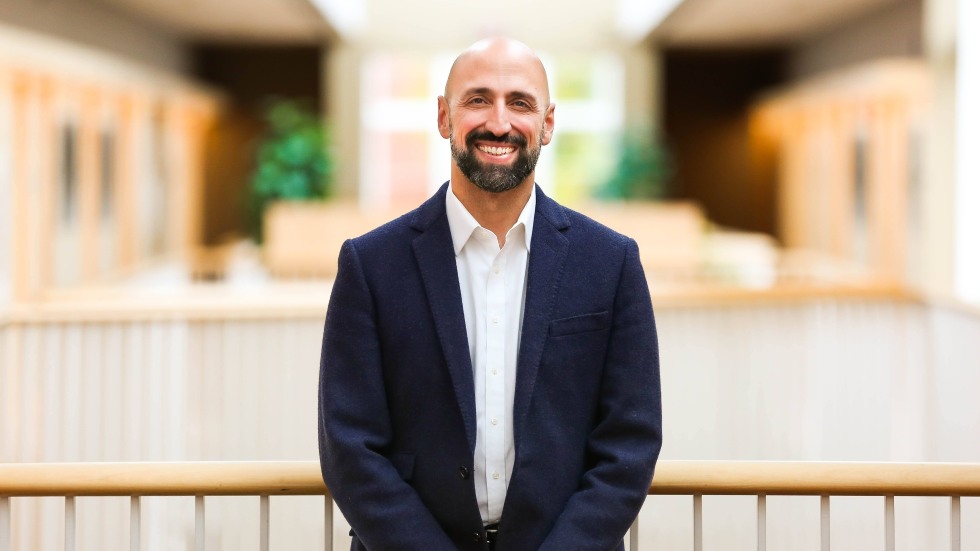Dear friends,
This year marks the beginning of a new chapter for the Center for Middle East Studies at Brown, which became an independent center on July 1, 2025, leaving its longtime home in the Watson Institute. CMES has a new web address, a new logo and will be moving into new offices at the end of the upcoming academic year. But our mission remains the same: to promote rigorous scholarship, inspired teaching and informed public engagement about the Middle East, while serving as a hub for the community of students, faculty and staff with intellectual and personal ties to this region.
We have a rich set of programs planned for the 2025-26 academic year. Some highlights include an initiative titled “American-Islamic Exchanges in the Long 19th Century,” which will explore the circulation of peoples, commodities, artworks and texts between the United States and the Islamic world from the American Revolutionary War to the early 20th century, and the role they played in defining America’s early identity. The initiative will include an exhibition at the John Hay Library, a research symposium and collaborative workshops on Tunisian letter locking and Company painting. Another series launching this year, called “Vision 20XX,” will feature lectures and panel discussions about the ambitious national agendas that have emerged in the GCC states over the past decade (e.g., Saudi Vision 2030 and UAE Vision 2071), exploring topics such as “giga-projects,” Gulf foreign policy and the tsunami of investment in artificial intelligence. Finally, we hope to bring the coffeehouse culture of discussion and debate found in various Middle Eastern societies to College Hill this year, through a new program called “Shahbandar,” which will sponsor self-directed reading groups for students, faculty and staff interested in exploring a specific topic across an entire semester.
In addition to these new programs, CMES will continue to host its long-running initiatives in Palestinian Studies, Iranian Studies and Gender Studies. The celebrated novelist Isabella Hammad will deliver the annual Mahmoud Darwish lecture (Feb 18) and the Middle East Colloquium series will host talks on translating Irish poets on Gaza (Sept 25), the political history of standardized testing in the Middle East (Nov 7) and the transition of Iraq from agrarian to extractive capitalism (Nov 13). Vivian Salama, staff writer at the Atlantic and former White House correspondent for the Wall Street Journal, will speak to our community about her experience covering the Trump administration and its Middle East policy (Sept 22).
Finally, I’m pleased to share that we will be joined by two new postdoctoral fellows this year. Orwa Switat, the Postdoctoral Research Associate in Palestinian Studies, is an urban planning scholar with degrees in philosophy, political science and urban planning, whose work focuses on spatial justice and heritage preservation among Palestinian communities. Gabriel Young, the Alomran Family Postdoctoral Research Associate in Middle East Studies, is a social historian of twentieth-century Iraq and the Persian Gulf, with expertise in state formation, agrarian change and resource extraction. We also welcome back Mehrdad Babadi, the Omar Khayyam Postdoctoral Research Associate in Iranian Studies, who will be organizing a webinar with Professor Michelle Quay on Iranian cinema before and after the 1979 revolution.
I look forward to another year of thoughtful discussion, stimulating debates and intellectual conviviality with you all.
Elias Muhanna
Director, Center for Middle East Studies
